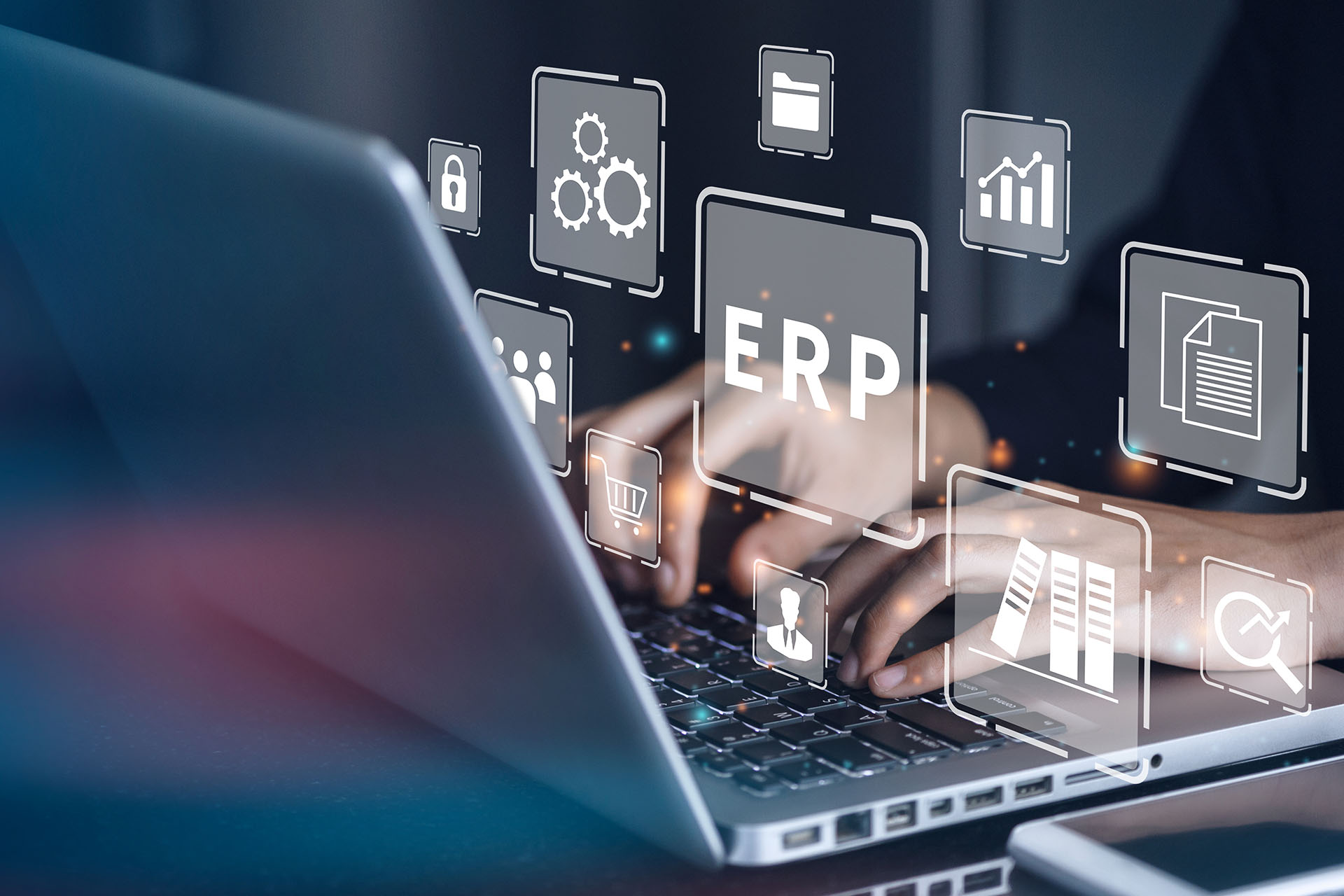
Time your ERP deployment right
The best way to ensure a smooth deployment or replacement of an ERP system is to carefully plan the steps leading up to the deployment, as well as the steps during and after it. An important part of planning the deployment of an ERP system is to consider and optimize the timing.
Whenever possible, it is worth scheduling the deployment of the ERP system
- either to a low business moment, such as a low season in the industry, a general economic downturn,
- or some kind of tipping point – for example, the end of a major project or a business reorganization.
This way, there are fewer backlogs to consider, and, most importantly, more of the organization’s resources are available for the ERP deployment. For example, Jopera, a stable company, takes advantage of the quieter period by updating its ERP system to meet the needs of the next boom.
Even if the actual transition is planned for a quieter period, the high season should be used as an important basis for planning. In the midst of a hurry, the challenges of the current ERP system and information management often become more apparent: which shortcomings or illogicalities cause extra hassle in the midst of a hurry, which issues are causing unnecessary hassle with information management, and which new functionalities could be of most benefit in the future? It is worth documenting these, as they help focus on the right things when deploying a new ERP system.
However, in reality, the schedule cannot always be freely set. This is by no means insurmountable: I can assure you that systems have been successfully deployed at all kinds of business moments.
Carefully plan for data migration and business model change
The deployment of an ERP system is a multi-level transition. One of the things we talk a lot about with clients is data migration, i.e. moving business data to the new system. Naturally, this is a very important part of the deployment, and for this, system partners can recommend pre-tested and proven processes.
Adopting and implementing new approaches takes time and effort, but as change is also a significant opportunity, it is worth showing it to all staff, and involve them in the planning phase.
In addition to data migration, to some extent it is also always about changing business models. Some of the previous approaches can continue to be used as they are, others need some modification, and often require learning new ways of working. This is the only way to achieve the benefits in business management and practical work that the deployment of an ERP system was originally intended to achieve.
Adopting and implementing new approaches takes time and effort, but as change is also a significant opportunity, it is worth showing it to all staff, and involve them in the planning phase. Staff are often motivated by the results: what are the big picture benefits of new ways of working and entering new data, i.e. what important questions does the system answer, as long as the groundwork is done systematically?
Take advantage of peer support and benchmarking
As the deployment or replacement of an ERP system is always a significant change for the business as a whole, there are a number of factors that influence the success. Therefore, peer support and benchmarking should be used during the planning phase. In addition to experienced partners, these are available directly from companies that have deployed and replaced ERP systems.
It is relatively rare for an individual organization to replace its ERP system. In contrast, system partners have seen, experienced and facilitated the transitions of a wide range of organizations in different circumstances and starting points. It is worth building on accumulated experience and the good practices that have been learned.
Read more:
Checklist for comparing ERP systems – what to look out for
Succeed in ERP procurement – three steps for choosing the right ERP system
Download our guide: Avoid errors when selecting and comparing ERP systems
Also check out the modular Total ERP by Pinja solution: Total ERP by Pinja – an ERP system that keeps your company’s processes flexible and changeable

Ari Harjula
I work at Pinja as the head of Total business unit. In addition to our ERP solutions, I help our customer companies streamline business and knowledge management with various BI and integration solutions. In my work, I am particularly inspired by interesting customerships and solving customers' diverse challenges. Due to my background in industrial economics and process industry, the company’s production processes as well as building bridges between technology, people and commerce are close to my heart.
Back to the Pinja Blog
Categories
- Career at Pinja (68)
- Manufacturing (48)
- Knowledge Management (45)
- Production Development (44)
- Software Partnership & Tools (42)
- Sustainability (37)
- Wood and Forestry (37)
- Bioenergy and Recycling (27)
- IT Support and Outsourcing (24)
- Ecommerce (23)
- Maintenance (22)
- Artificial Intelligence and Machine Learning (15)
- Public Services (9)
- Compliance (1)